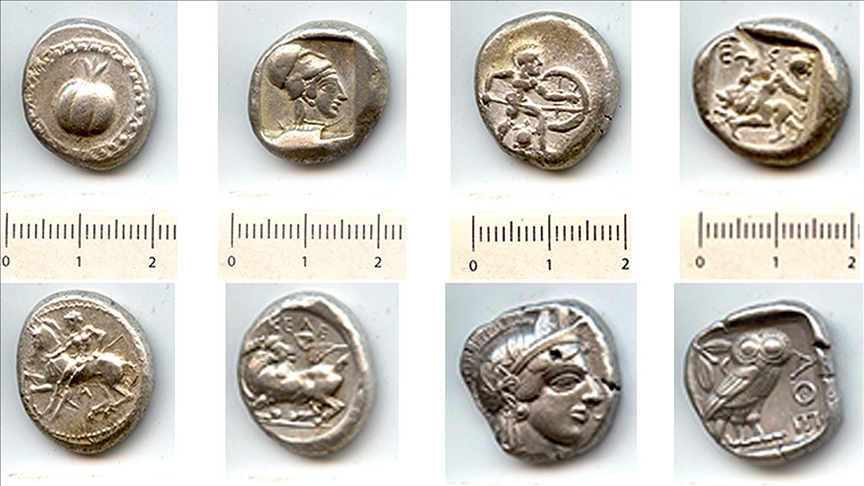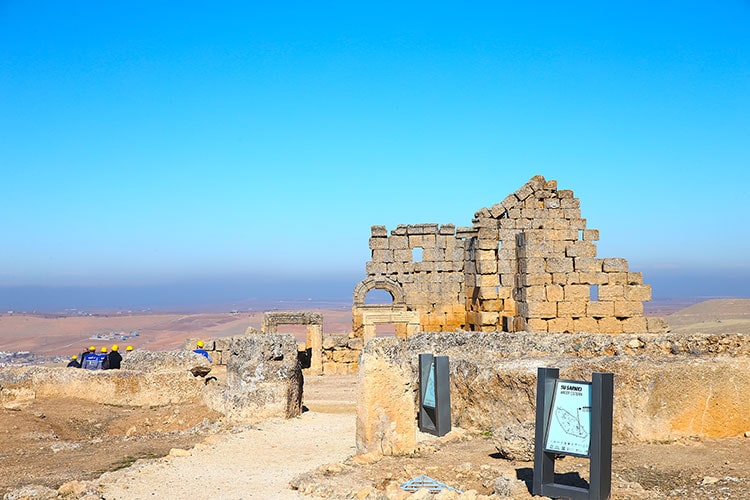
The Area Used by the Participants of Secret Rituals in Zerzevan Castle is Being Revealed
Recent excavations at Zerzevan Castle, near Diyarbakır in southeastern Türkiye, are revealing fascinating new discoveries. Archaeologists are uncovering an area believed to have been used for lodging by participants in secret rituals. This significant finding sheds light on the mysterious practices within this 3,000-year-old Roman military settlement. Zerzevan Castle, a UNESCO World Heritage Tentative List
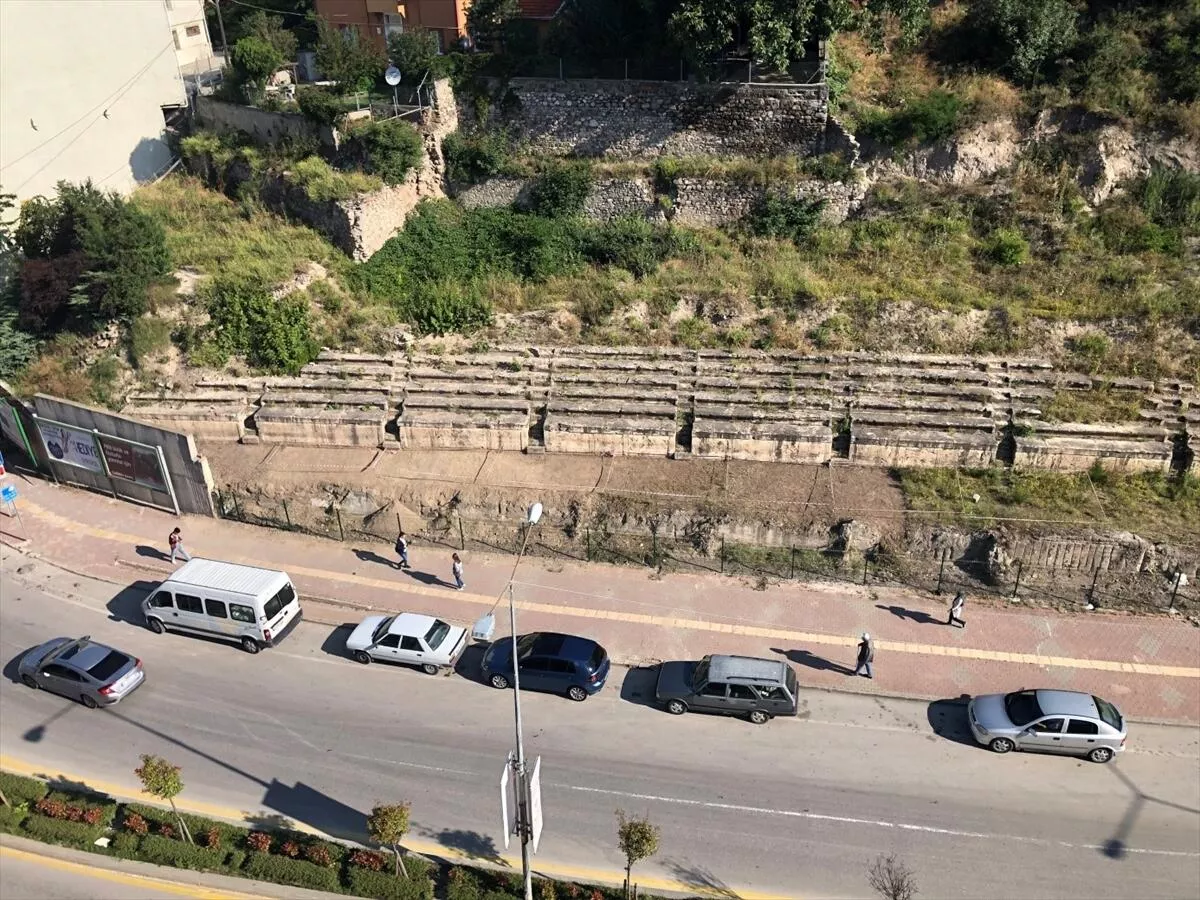
Ancient Hadrian’s Stadium Restoration Starts in Bolu
The restoration of Hadrian’s ancient stadium in Bolu, a significant historical landmark in Türkiye’s Western Black Sea region, has begun. This remarkable structure, dedicated to Roman Emperor Hadrian, offers a fascinating glimpse into the region’s rich Roman past. A Gift for the Emperor: The Stadium’s Origins Wealthy locals built the stadium in the 2nd and
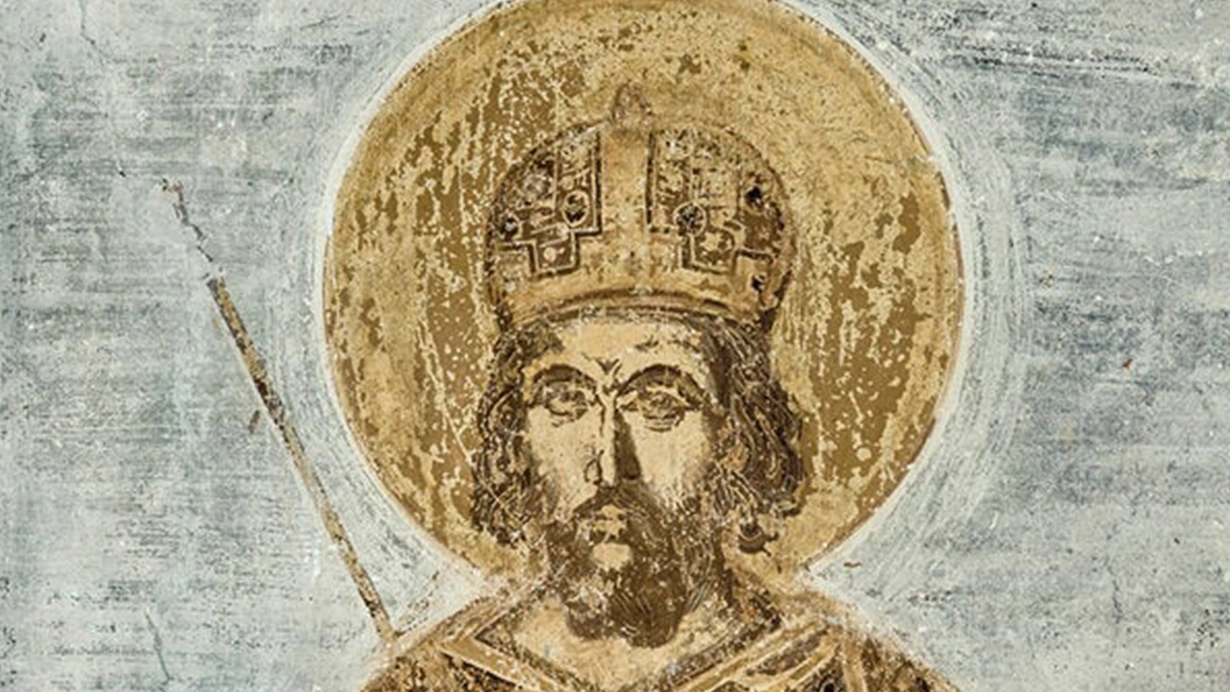
The Only Portrait of Byzantine Emperor Constantine Found in Mora
A significant discovery has been made in Greece’s Mora region, where the only known portrait of Constantine XI Palaiologos, the last emperor of the Byzantine Empire, has been found. Greek archaeologists uncovered this important find in a fresco dating back to the mid-15th century at the Aigialeia Aigio Monastery, located in the Achaea region of
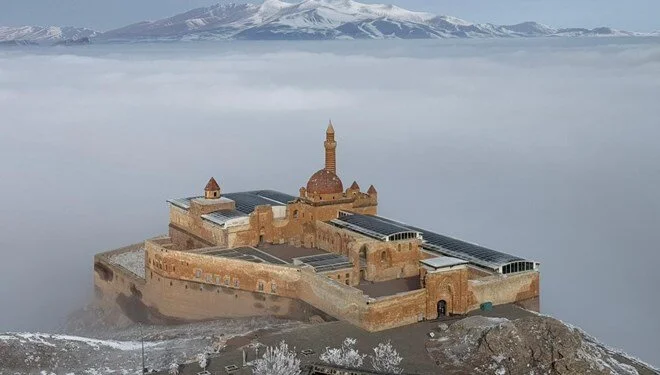
The Majestic Ishak Pasha Palace in Doğubeyazıt: Enveloped in Mist
Located in eastern Türkiye and a UNESCO World Heritage Site, Ishak Pasha Palace is a breathtaking sight, especially when shrouded in fog. Beautifully combining Ottoman and Persian influences, this architectural gem stands majestically against the stunning backdrop of the Eastern Anatolian landscape. The intricate details and majestic structure of the palace create a mesmerizing atmosphere,
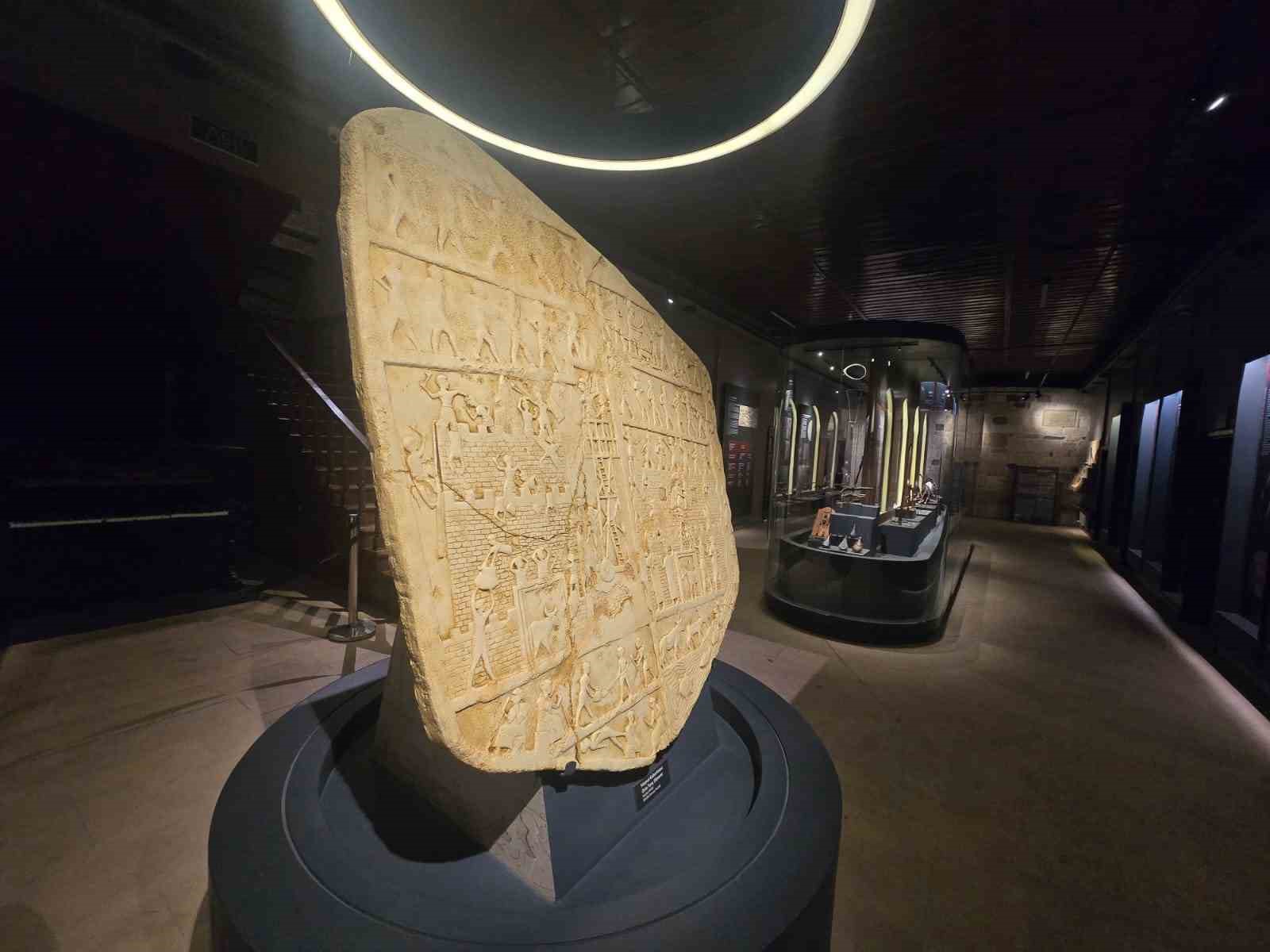
4,000-Year-Old Harput Relief Discovered by Chance Sheds Light on History
Approximately nine years ago, a 4,000-year-old Harput relief was discovered by chance and is now on display at the Elazığ City Museum. This remarkable artifact provides valuable insights into ancient history. Discovery of the Harput Relief In 2016, during terracing work in the Nevruz forest area, located about 200-250 meters east of Harput Castle, the
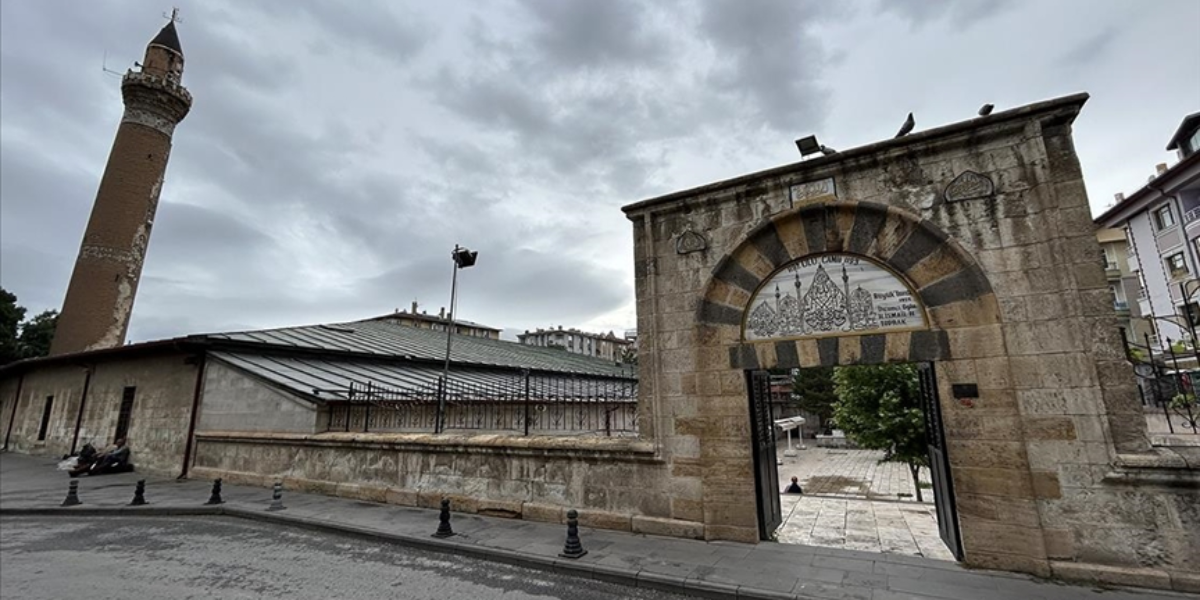
The minaret of Sivas Ulu Mosque, likened to the Leaning Tower of Pisa, will be restored using a new method in Türkiye
The minaret of Sivas Ulu Mosque, built by Kızılarslan bin İbranim during the reign of Sultan 2. Kudbeddin Melikşah of the Anatolian Seljuk State in 1197, is compared to Italy’s Leaning Tower of Pisa. It has a lean of 117 centimeters and is expected to stand for many years using a method that will be
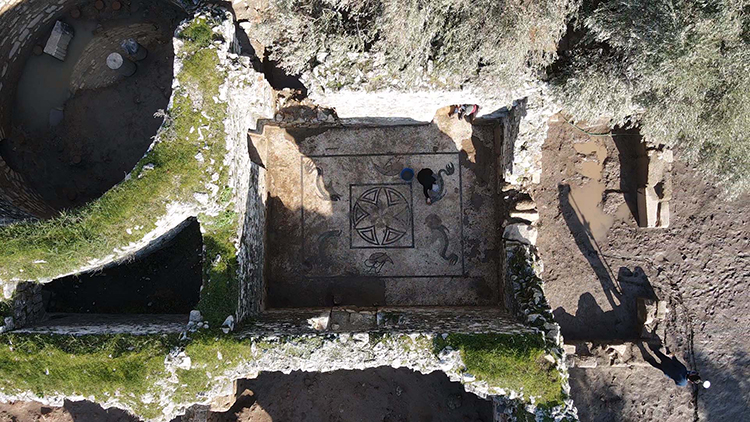
The mosaics that were uncovered on the floor of the Roman bath, which had been used as a barn by the villagers for years
In the ancient city of Herakleia, located in the Milas district of Muğla, an important coastal city in Türkiye, mosaics depicting crocodiles, dolphins, flamingos, and eels have been uncovered on the floor of a Roman bath that had been used as a barn by villagers for many years. Herakleia was an important center of trade
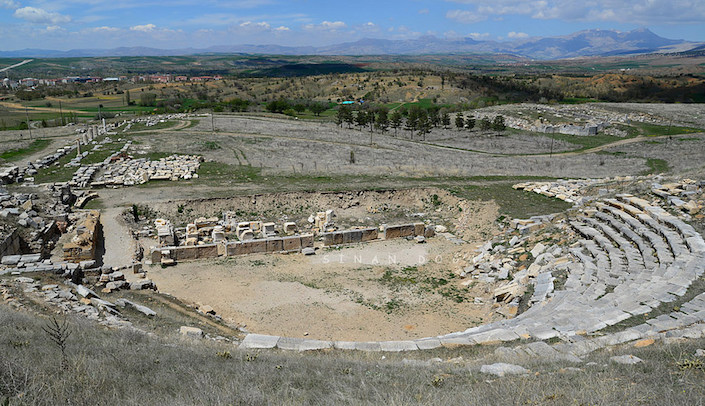
The unique amulet used against cancer has been discovered in the Pisidia Antioch
A unique amulet for cancer has been discovered during excavations in the ancient city of Pisidia Antioch, located in the southern part of Anatolia. Pisidia Antioch, which encompasses the entire province of Isparta and parts of the provinces of Afyonkarahisar, Burdur, Antalya, and Konya today, was a region organized in the form of small tribes
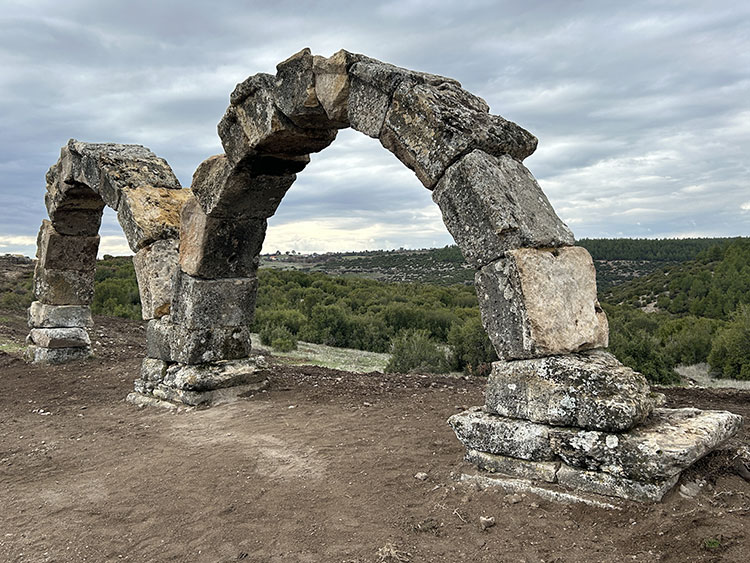
The restoration of the Roman aqueducts in the ancient city of Blaundos is ongoing
The restoration work on the Roman aqueducts uncovered during ongoing excavations at the ancient city of Blaundos is continuing. Blaundos is located in the Ulubey district of Uşak province. It is referred to as a Garrison City because it was a settlement area for the soldiers who came from Macedonia for Alexander the Great’s campaign

